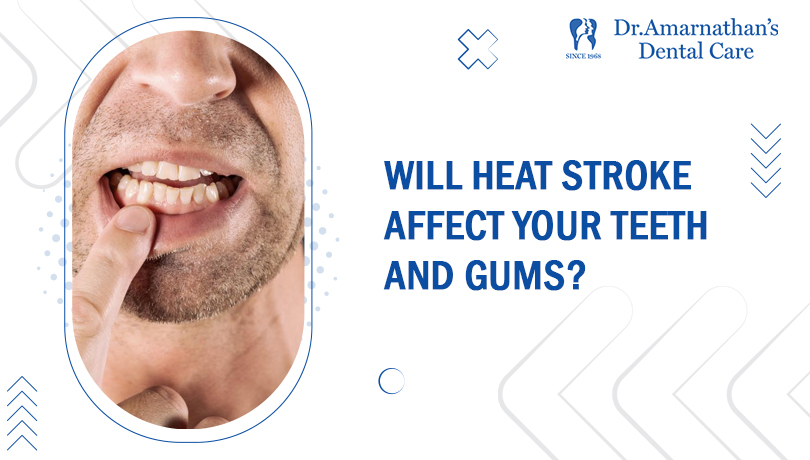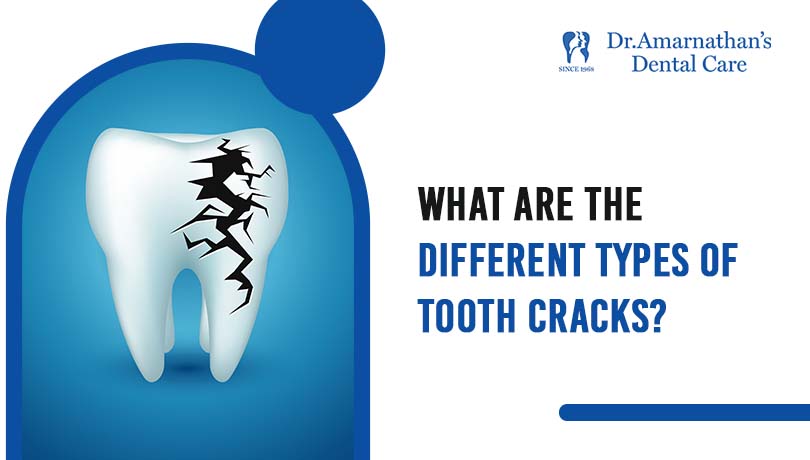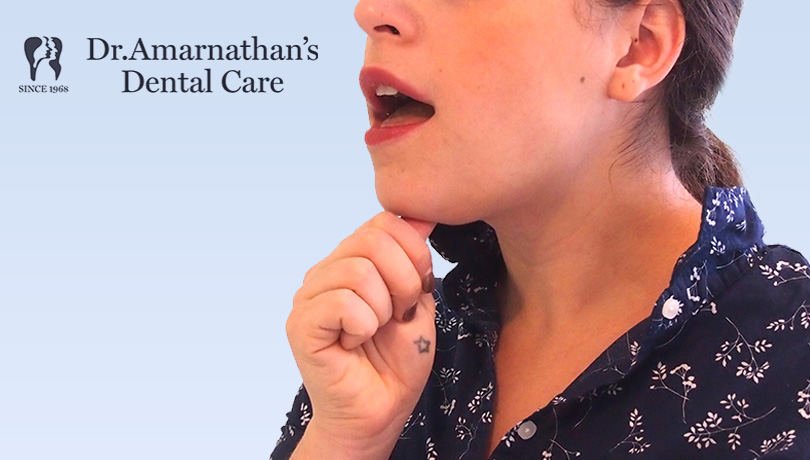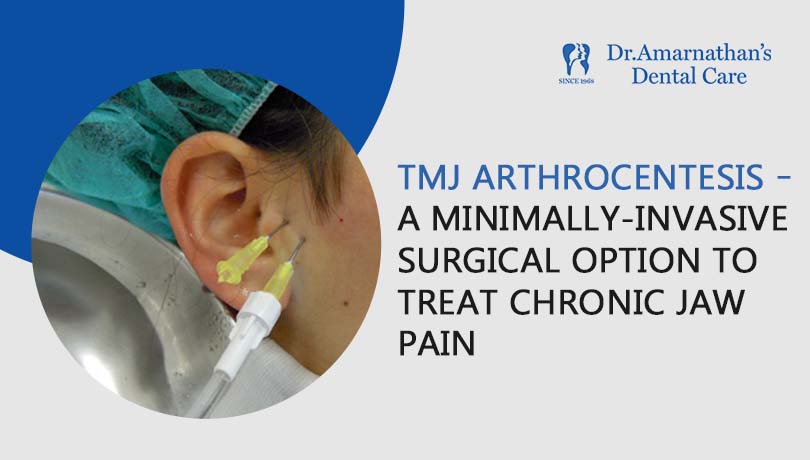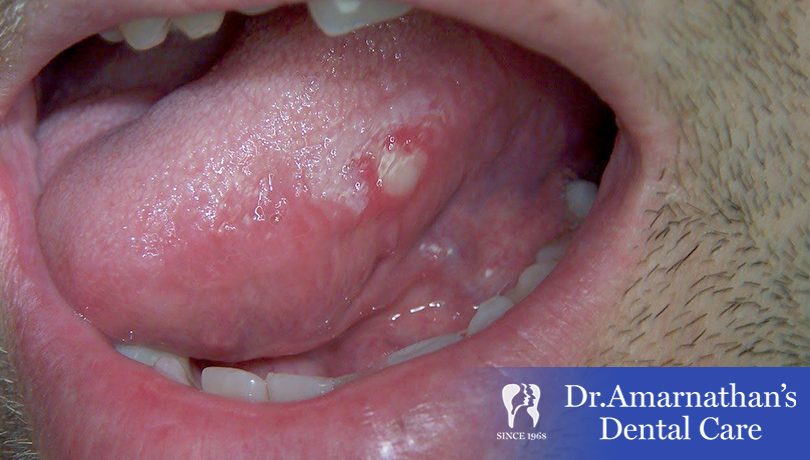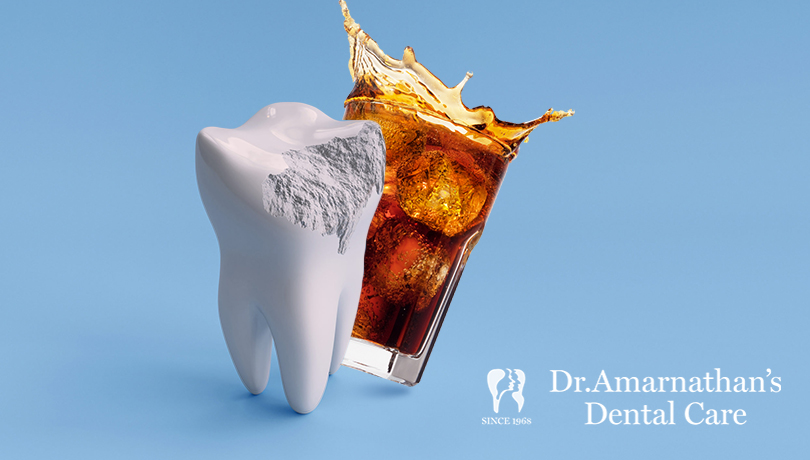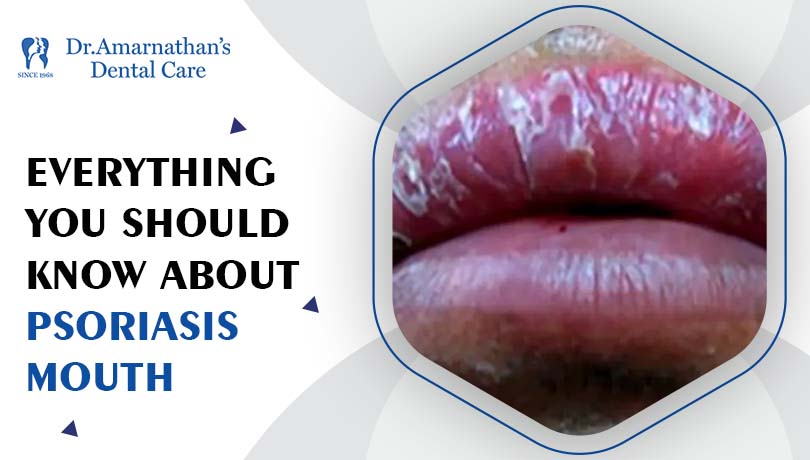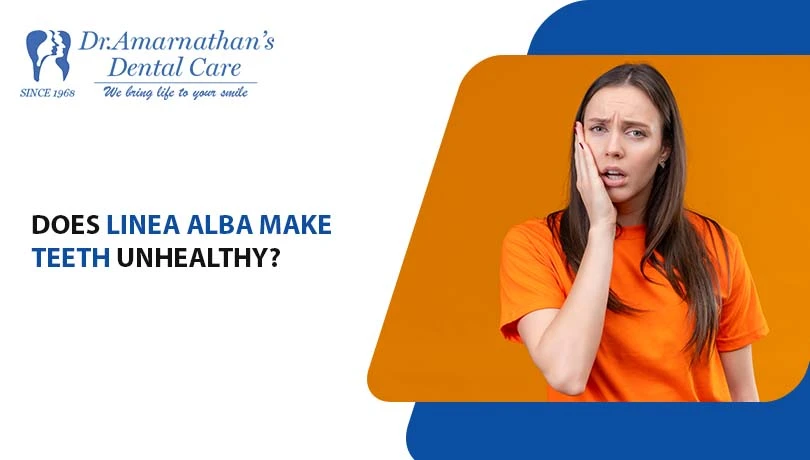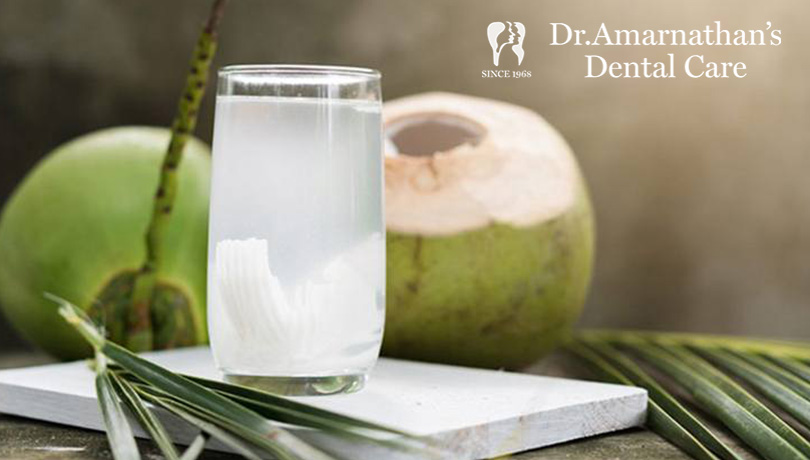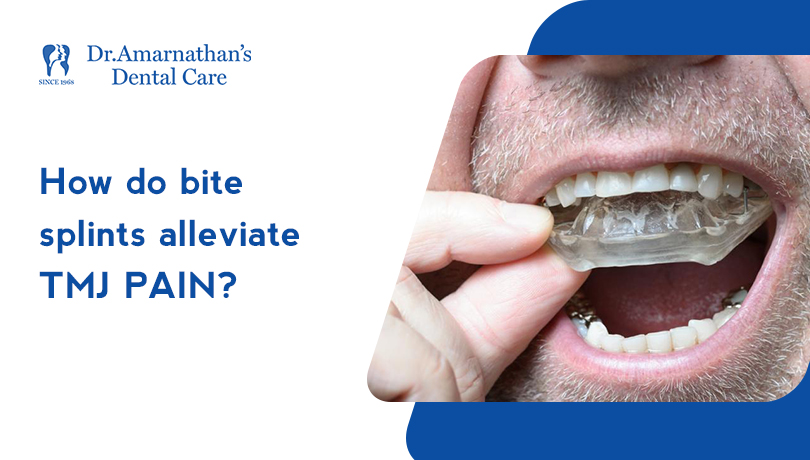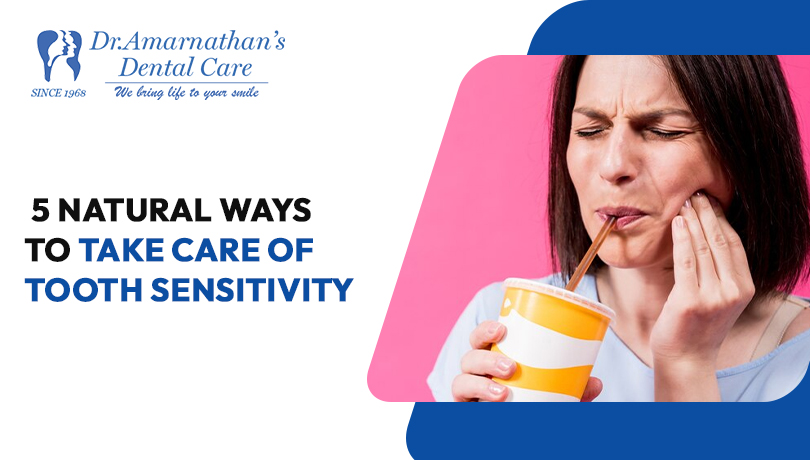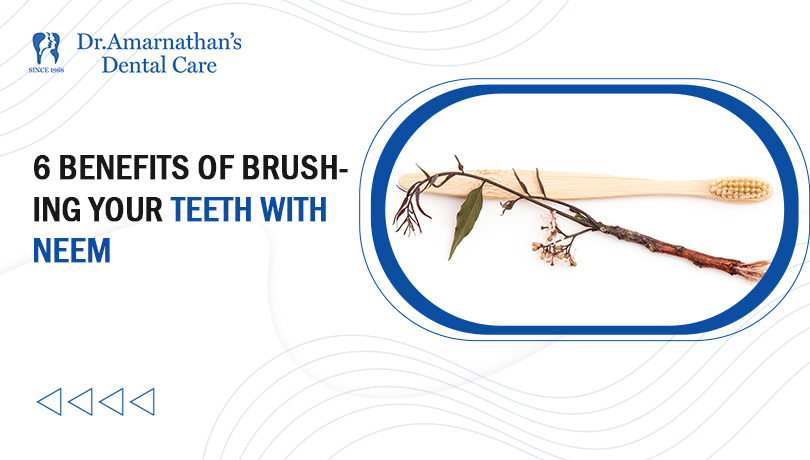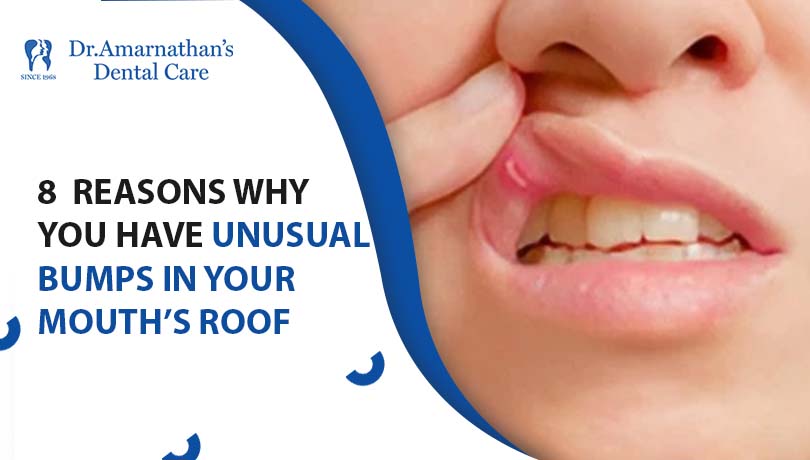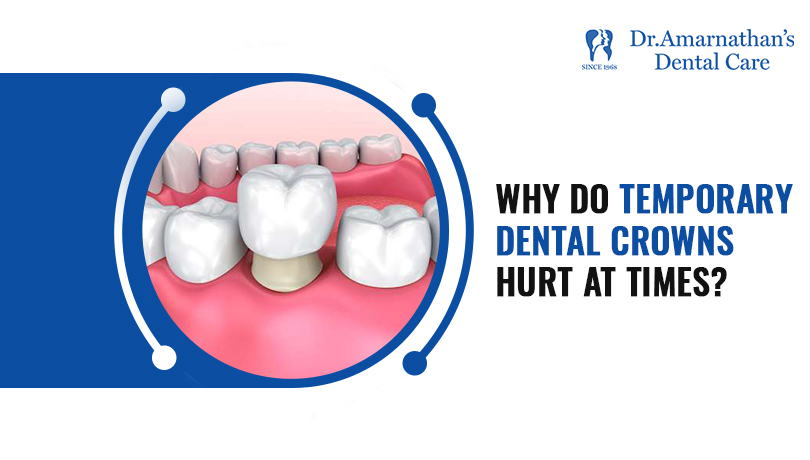
Why do temporary dental crowns hurt at times?
Dental crowns are highly needed when fillings cannot repair a tooth. Besides this, crown placement is required to recoup the shape and appearance of a broken, cracked or damaged tooth. If you received Root Canal Treatment earlier, you would know the dental caps are used to enclose the drill made to access the inside of the infected tooth.
The repaired tooth is mostly covered by a temporary crown (also known as an interim crown or provisional crown) for a few weeks until the permanent one is put in place. The temporary crown occasionally causes pain around the affected region. It is common, and you don’t have to worry about it.
In this blog article, our prosthodontists have explained the most common factors behind such pain in temporary dental crowns.
Why do dentists place temporary crowns?
The temporary crowns also mimic the shape of your teeth whilst they are quite fragile when compared to permanent ones. The temporary crowns are not prepared with the constituents of permanent crowns; hence, the interim crowns have a rough texture and can be noticed easily.
As fabricating tailor-made dental crowns takes at least a week, dentists place the temporary coverings using easy-to-remove adhesives. The provisional crowns are responsible for the following things until the permanent crowns are placed:
- Protecting the tooth’s treated regions
- Help the patient to eat and chew
- Prevent sensitivity in the repaired tooth
- Maintain spacing between the treated tooth and its adjacent teeth
In the meantime, the temporary crowns help dentists comprehend the functioning of the crown going to be placed.
What are the possible causes of temporary crown pain?
The pain in temporary crowns stems from infections in the treated tooth, poor crown craftsmanship, and so on. The primary causes of such pain in the temporary crowns include:
1) Improper fitting of a crown
Even though the temporary crowns do not fit a tooth precisely like the permanent ones, they protect the sensitive layers of a tooth. If the interim crown does not properly fit over a repaired tooth, it exerts extensive pressure on the tooth and its interior regions. It is exhibited as a severe toothache.
In such circumstances, you should inform your dentist and follow their instructions.
2) Infection inside the tooth
It typically occurs in patients who received temporary crowns following endodontic treatments. The RCT procedure intends to clean deep infections inside a tooth. Once the cleaning process is completed, dentists place a temporary crown until the permanent crown is prepared.
Occasionally, infections develop in the cleaned regions inside the tooth before placing permanent crowns. Such infections can provoke pain and sensitivity in the repaired tooth.
3) Sore Gums
Gum irritations are common after placing a dental crown. It exists until the surrounding gum tissues get adjusted to the prosthetic appliance. However, if a patient has sensitive or sore gums due to poor oral hygiene, infections in gums or other conditions, the gum problem starts to annoy the crowned tooth.
Likely, the gums start to recede, unveiling the tooth’s sensitive regions like the root. As a consequence, the patient encounters pain in the crowned tooth. It applies to the provisional crown and permanent crown.
4) Teeth Grinding
As seen in one of the above sections, the temporary crowns are quite delicate and do not cover a tooth precisely like permanent crowns. It implies that the provisional crowns do not withstand extensive pressure.
If you grind or clench your tooth with a temporary crown, it cannot bear the exerted force. It triggers severe pain and even increases the risk of causing a dental fracture.
What should you do to alleviate temporary crown pain?
Whether a temporary or permanent crown, mild discomforts are not uncommon after the crown placement. If you notice the pain intensifies or exists for more than 2 weeks, consult your dentist.
If the temporary crown pain arises due to innocuous factors, dentists recommend numbing gels, Over the Counter Pain relievers, and nighttime mouth guards to mitigate the pain.
Likewise, home remedies like gargling with salt water and applying ice packs also provide the relief you want from pain in your temporary crowns.



